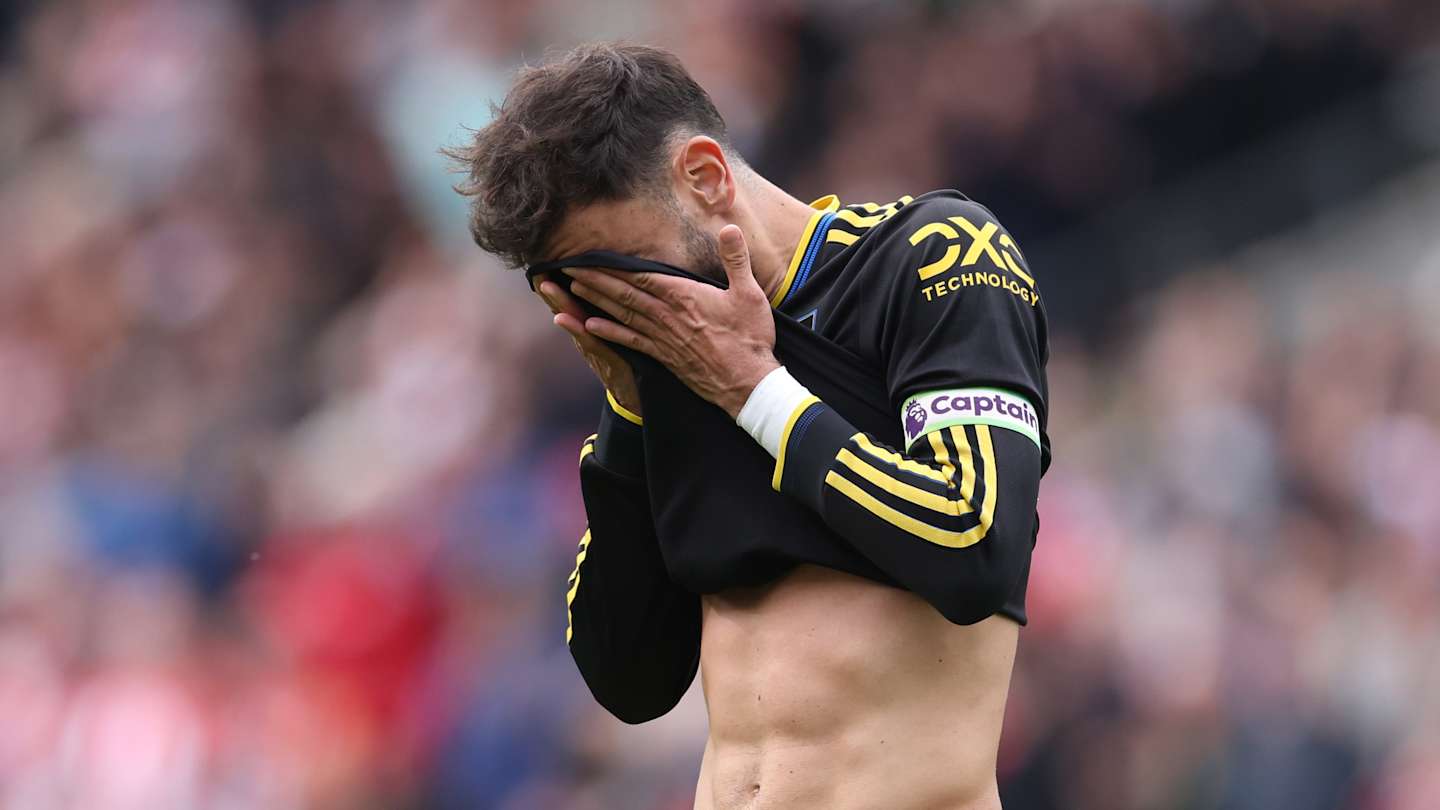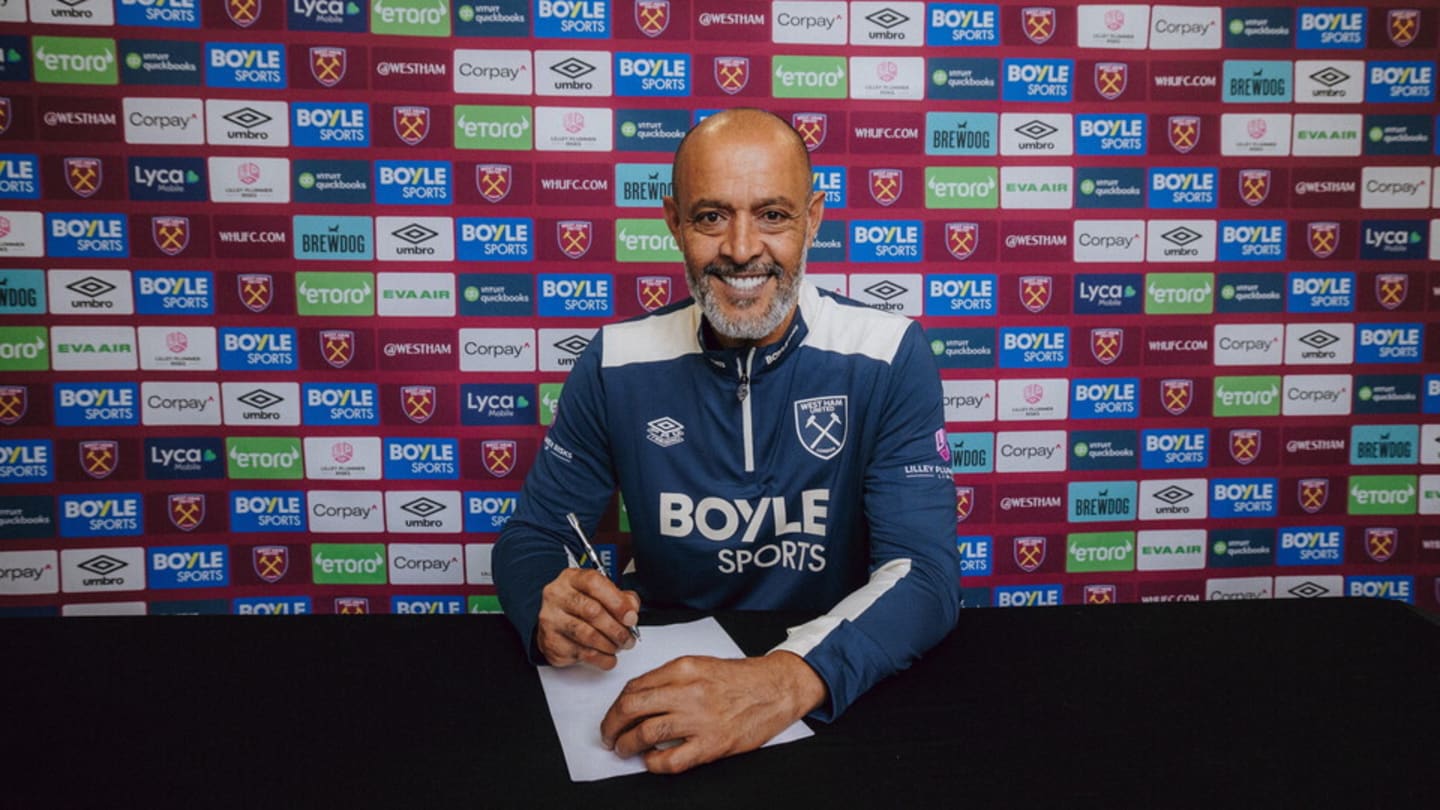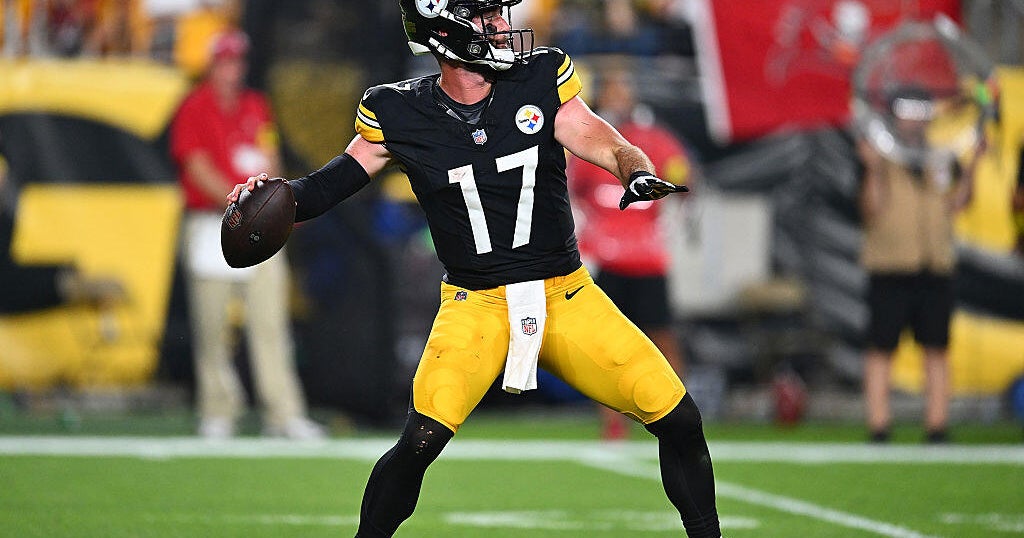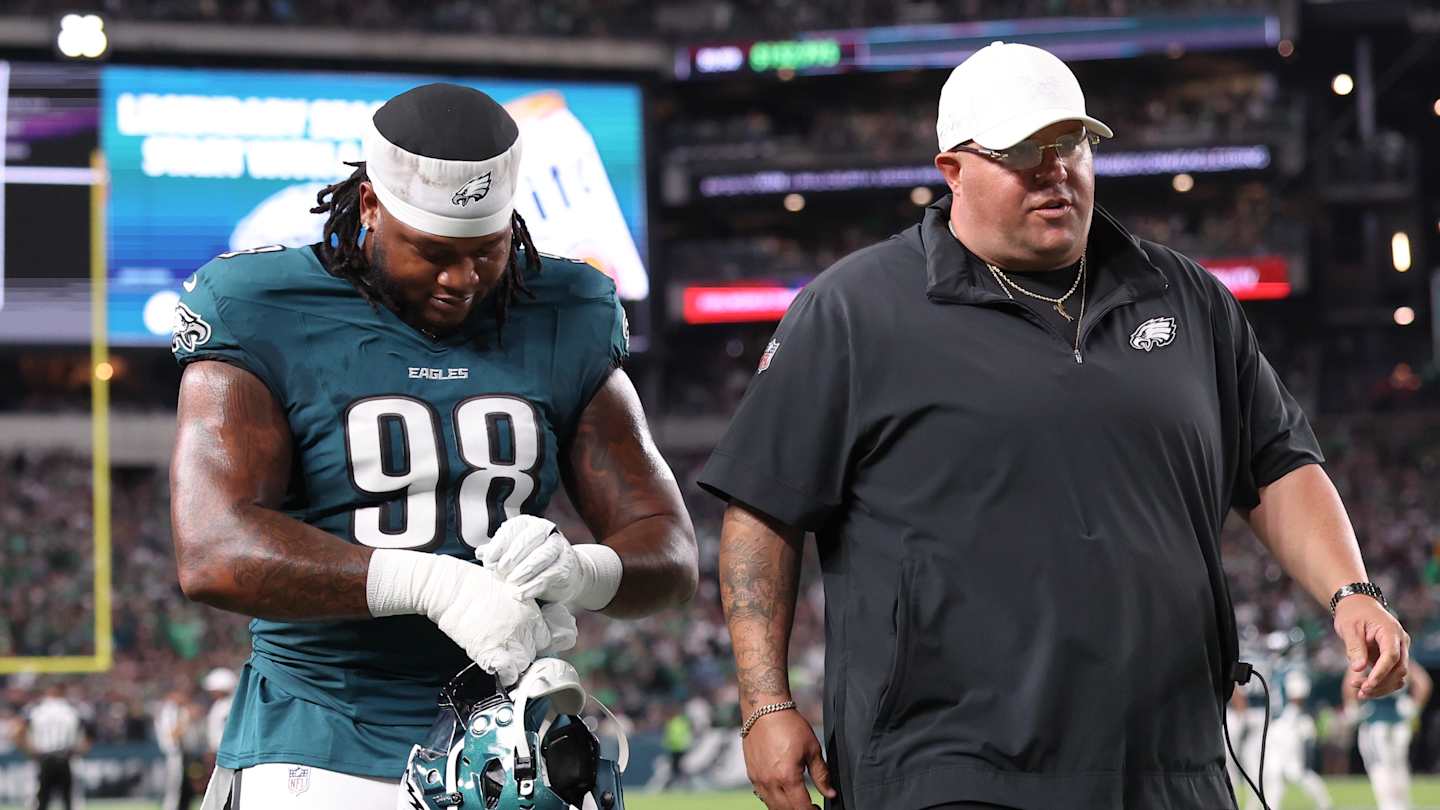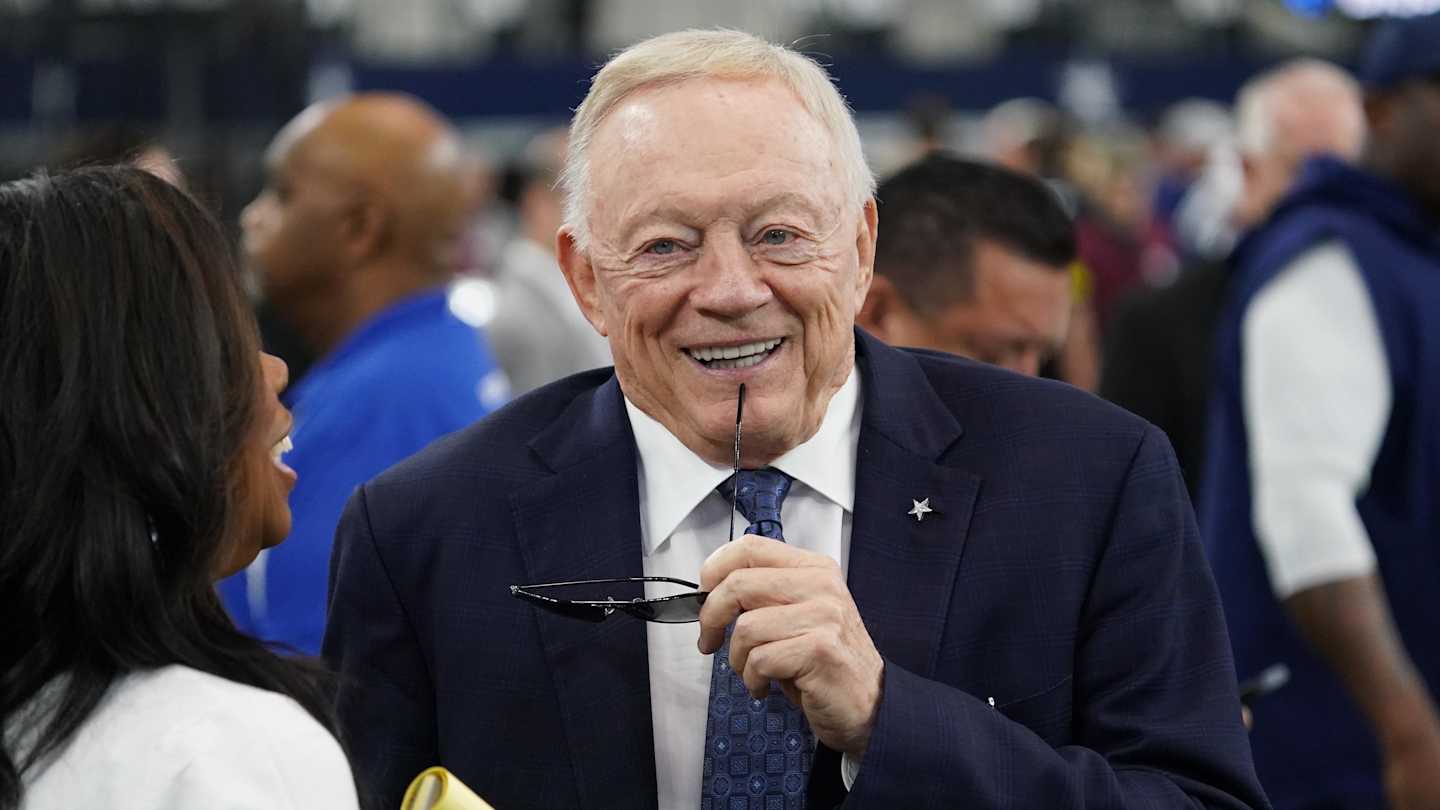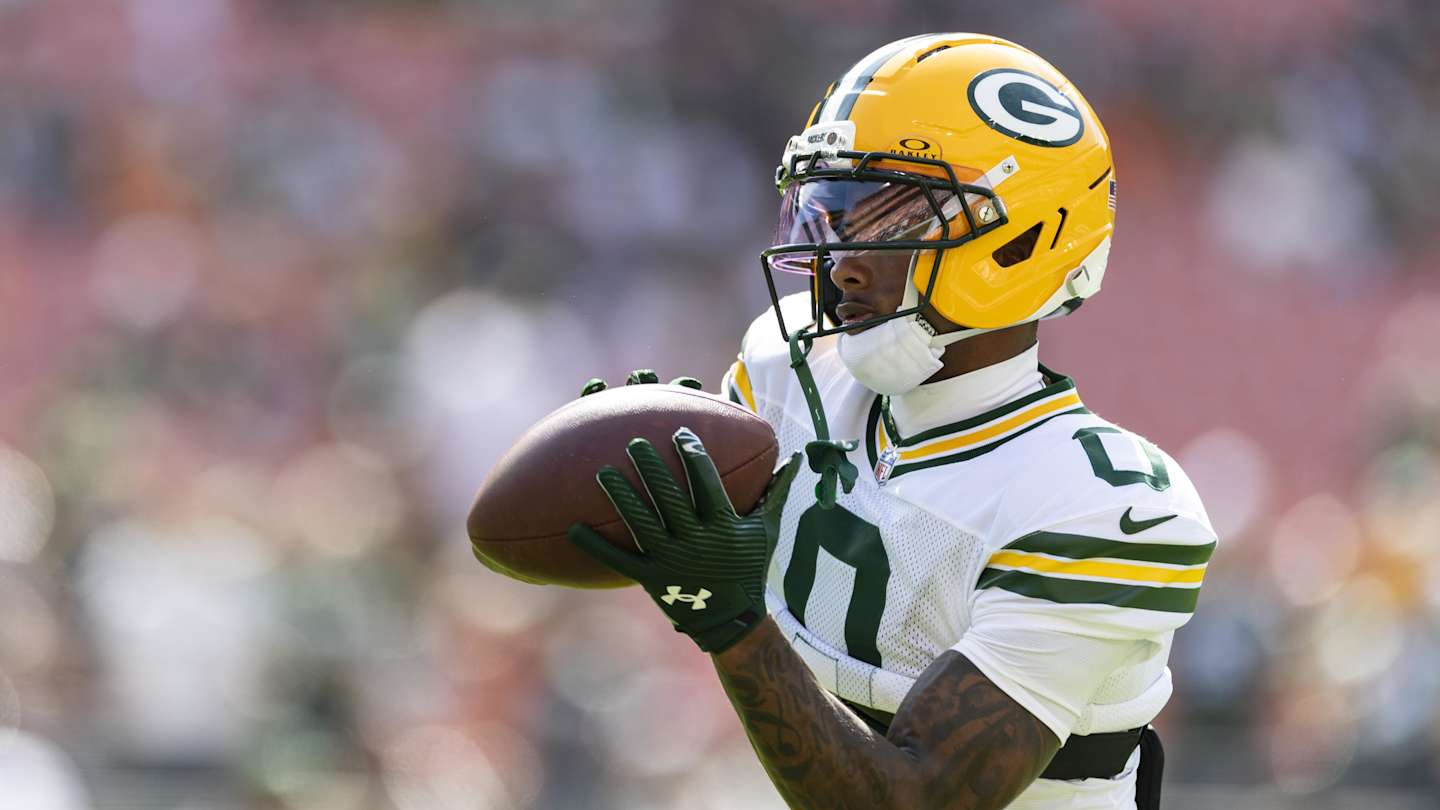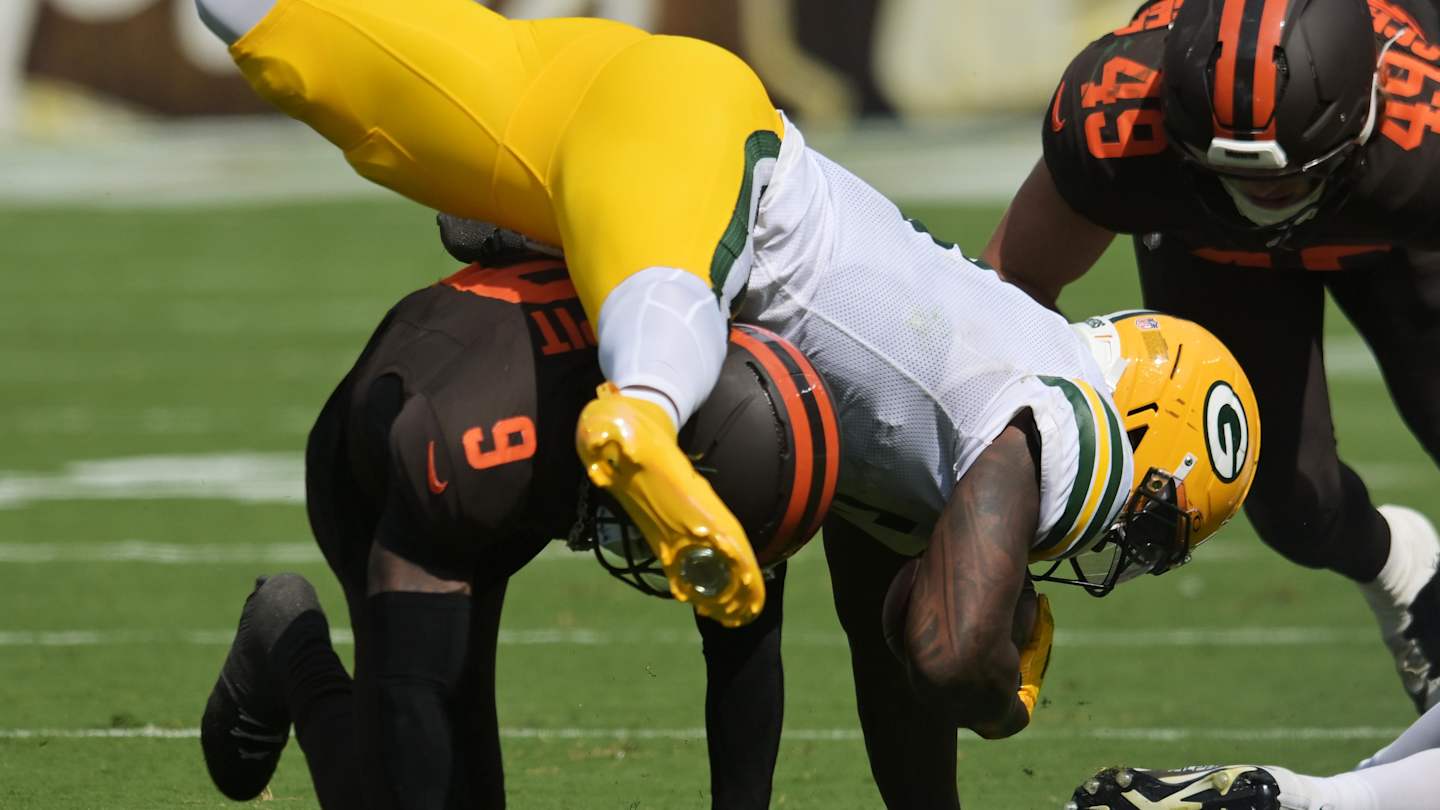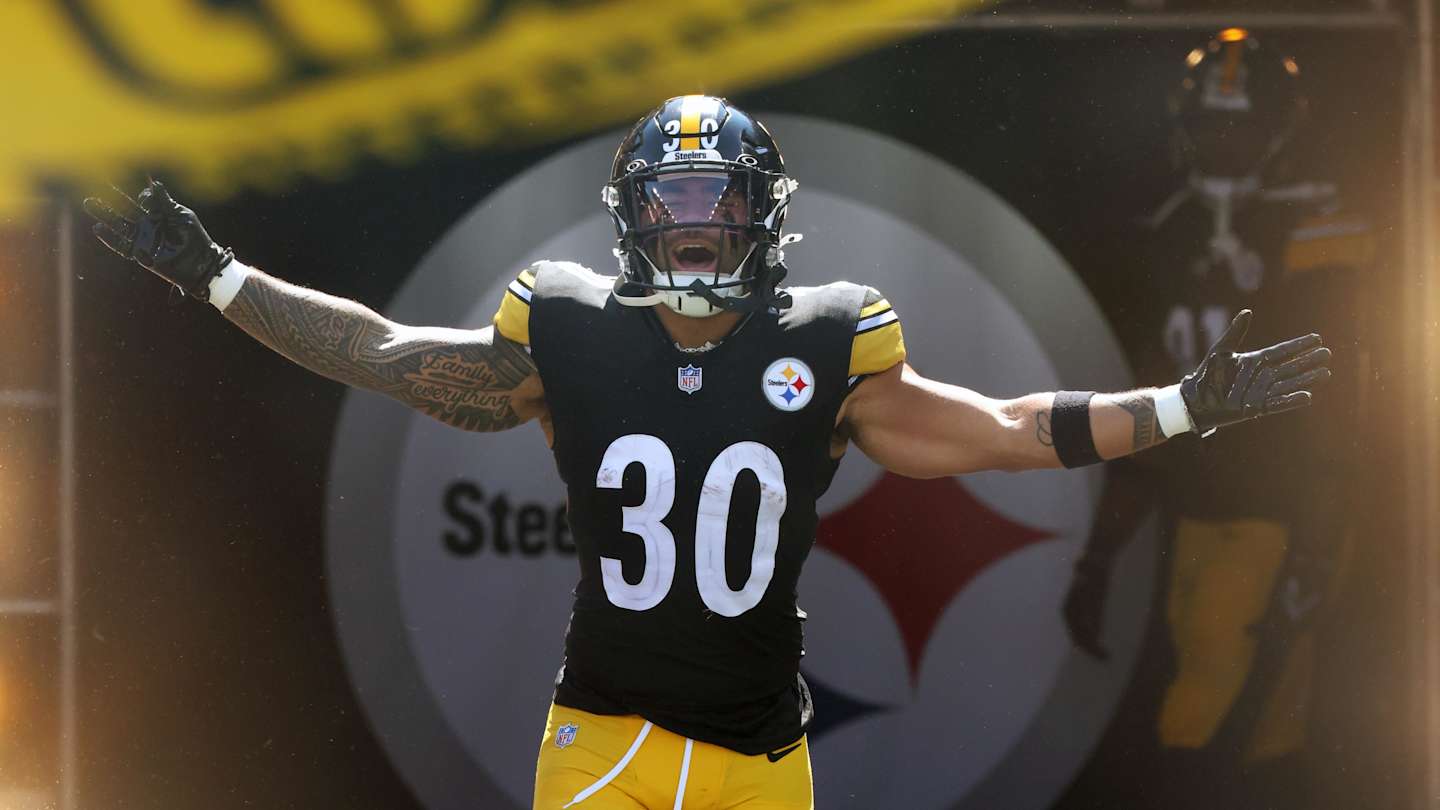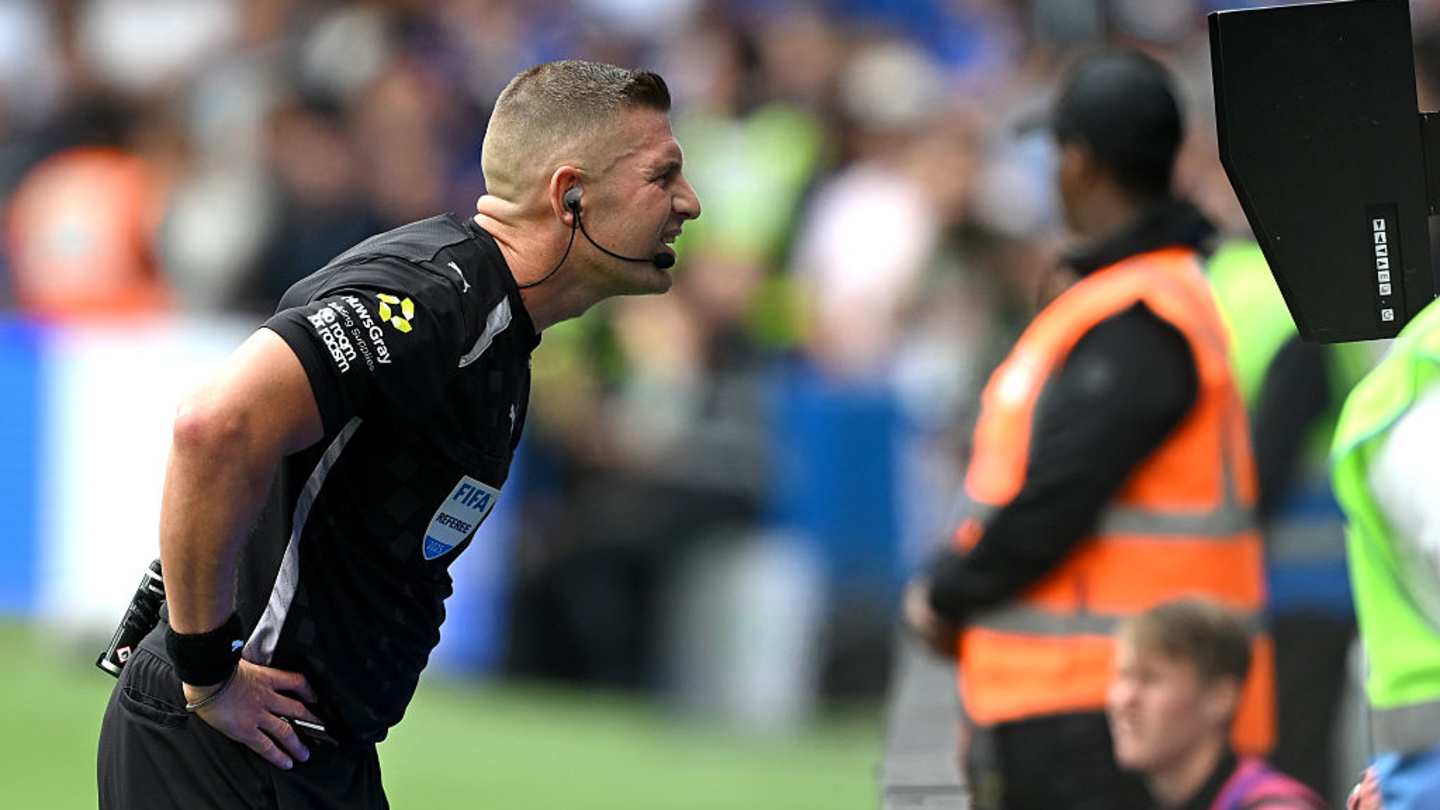
Premier League refereeing chief Howard Webb has issued a candid admission regarding a contentious VAR decision that saw Fulham’s early goal disallowed against Chelsea. Speaking on “Match Officials Mic’d Up,” Webb acknowledged the call as “wrong” and a “misjudgement,” fueling the ongoing debate surrounding VAR’s implementation in English football.
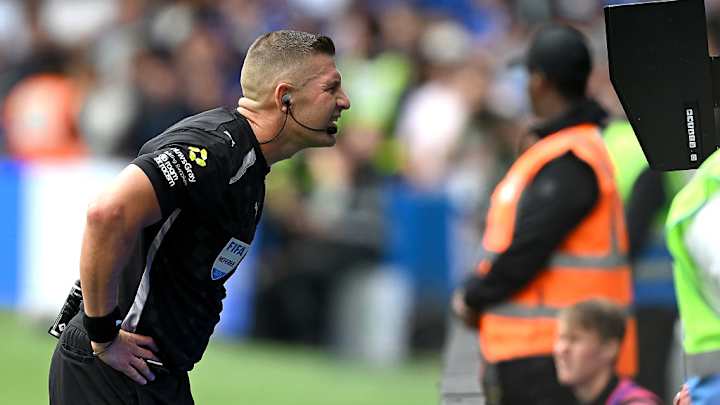
The Guardian
The Disallowed Goal: A Closer Look
The incident occurred during Saturday’s West London derby between Fulham and Chelsea, a match Chelsea ultimately won 2-0. Fulham initially believed they had taken the lead when teenage sensation Josh King found the back of the net. However, the celebration was cut short by a VAR review for a potential foul by Rodrigo Muniz on Chelsea defender Trevoh Chalobah in the build-up.
On-field referee Robert Jones, after being advised by the VAR official, Michael Salisbury, consulted the pitchside monitor. Following his review, Jones made the decisive call to disallow the goal due to the perceived contact on Chalobah.
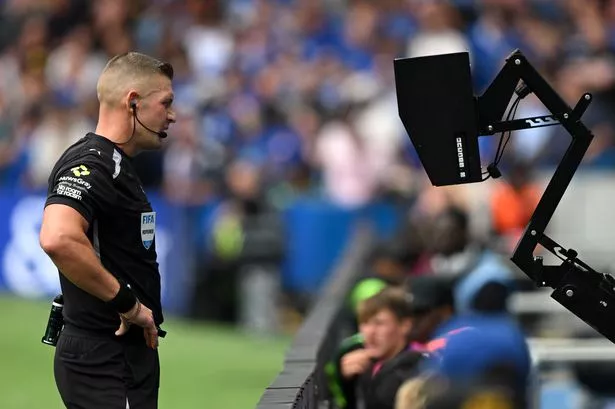
football.london
Webb’s Frank Assessment: “It Wasn’t Controversial, It Was Wrong”
The decision sparked immediate outrage among Fulham fans and many football pundits, leading the PGMOL (Professional Game Match Officials Limited) to stand down VAR official Michael Salisbury from his duties for the subsequent Liverpool vs. Arsenal clash. Now, Webb has provided a detailed explanation, admitting the “guidance” for VAR intervention “wasn’t followed properly.”
“It wasn’t controversial, it was wrong,” Webb stated unequivocally. “We’ve established some principles in terms of how we officiate in the Premier League and how we use VAR. They sit around a high threshold for penalising contact, aiding the flow, rhythm and tempo of the game. We’ve also established a high bar for intervention with VAR.”
Webb emphasized the clear directive given to VAR officials: goals should only be disallowed when the evidence is “very clear.” He explained that in this instance, the officials “got super-focused on that contact, without looking at the full context of how it happened.”
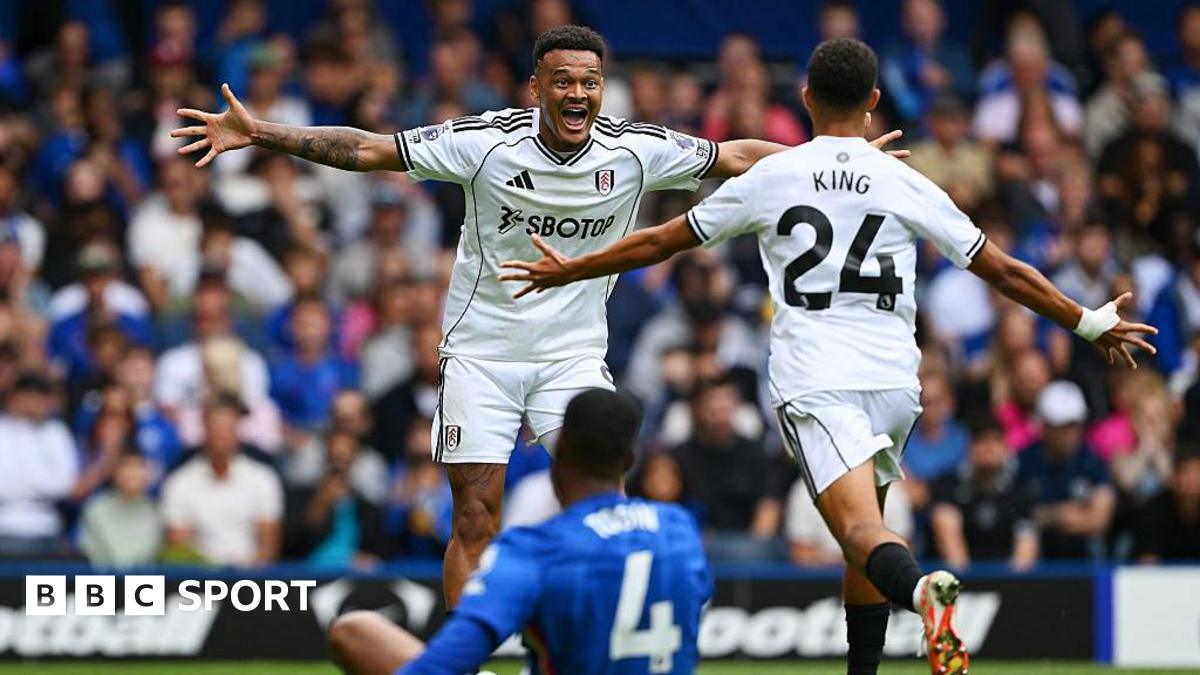
BBC Sport
He further elaborated on the nature of the contact: “It happens when Muniz is in possession of the ball, controls the ball, turns naturally and brings his foot down on to Chalobah, who’s moved his foot into a space which the Fulham player has the right to put his foot into in that normal way.” This suggests that the contact was incidental to a natural footballing movement, rather than a deliberate foul.
Alan Shearer’s Incensed Reaction
Prior to Webb’s admission, Premier League legend Alan Shearer voiced his strong disapproval of the VAR decision. Speaking on “The Rest Is Football,” Shearer expressed his frustration with the deviation from VAR’s core principles.
“What the f— are they thinking?” Shearer passionately exclaimed. “You’re not going to re-referee, you’re not going to interfere and it’s only for the clear and obvious. Three things. Where have those three things gone? It’s bulls—. What has happened to the game?”
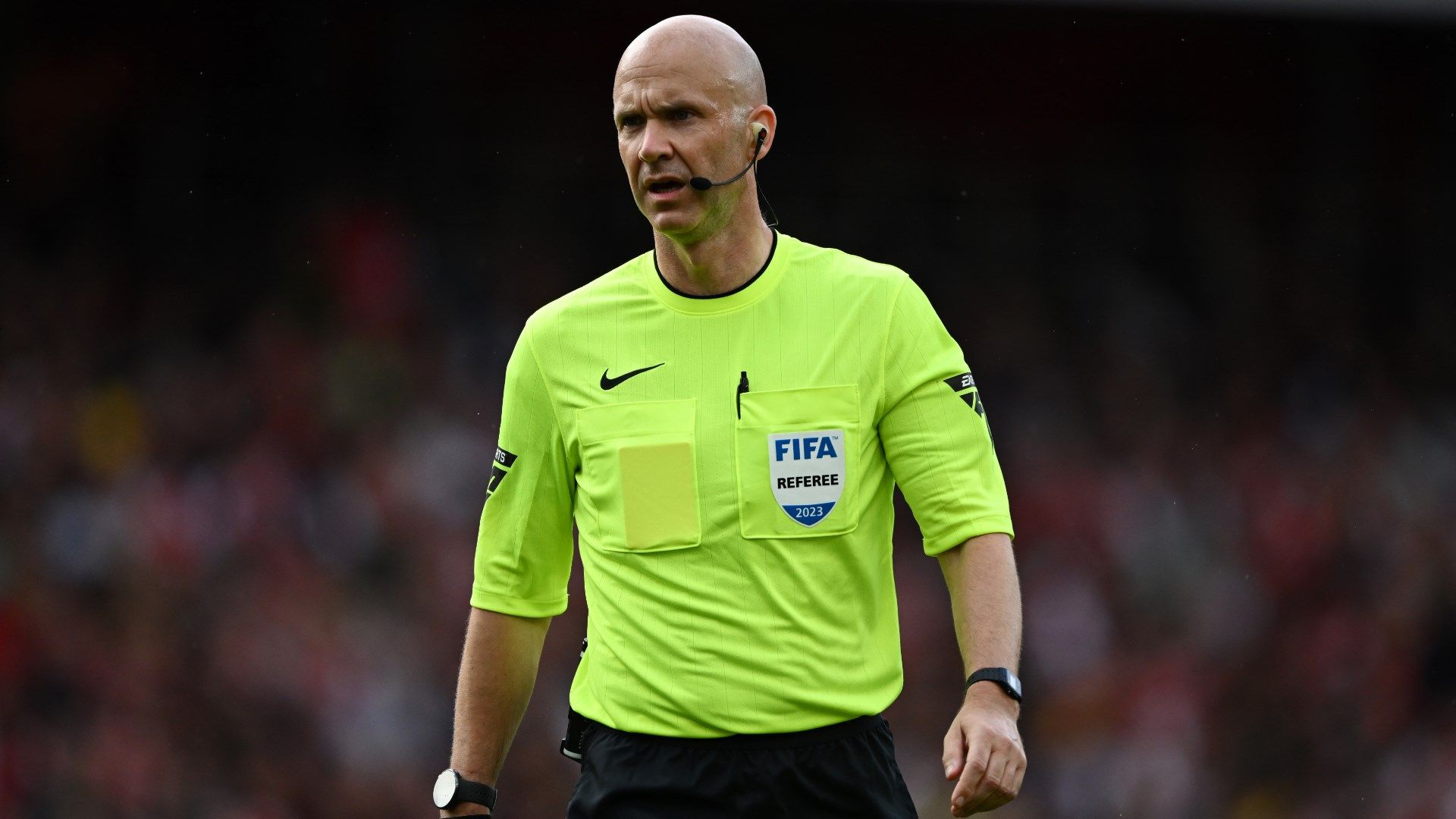
Goal.com
The Wider Implications for VAR
This incident, along with other recent controversies, continues to highlight the challenges and inconsistencies in VAR implementation. While intended to correct “clear and obvious errors,” many argue that VAR is now over-interfering and disrupting the flow and spirit of the game. The PGMOL’s decision to stand down the VAR official for the Liverpool vs. Arsenal game underscores the seriousness with which this particular misjudgement is being treated.
The ongoing scrutiny of VAR decisions, particularly those that directly impact goal-scoring opportunities, emphasizes the need for consistent application of the established protocols. As the Premier League season progresses, all eyes will remain on how officials, and VAR, adapt to these critical assessments.

Irish Mirror
For more insights into the world of Premier League officiating and the challenges faced by referees, you can read about recent developments regarding referee welfare and controversial decisions.

